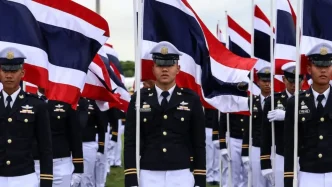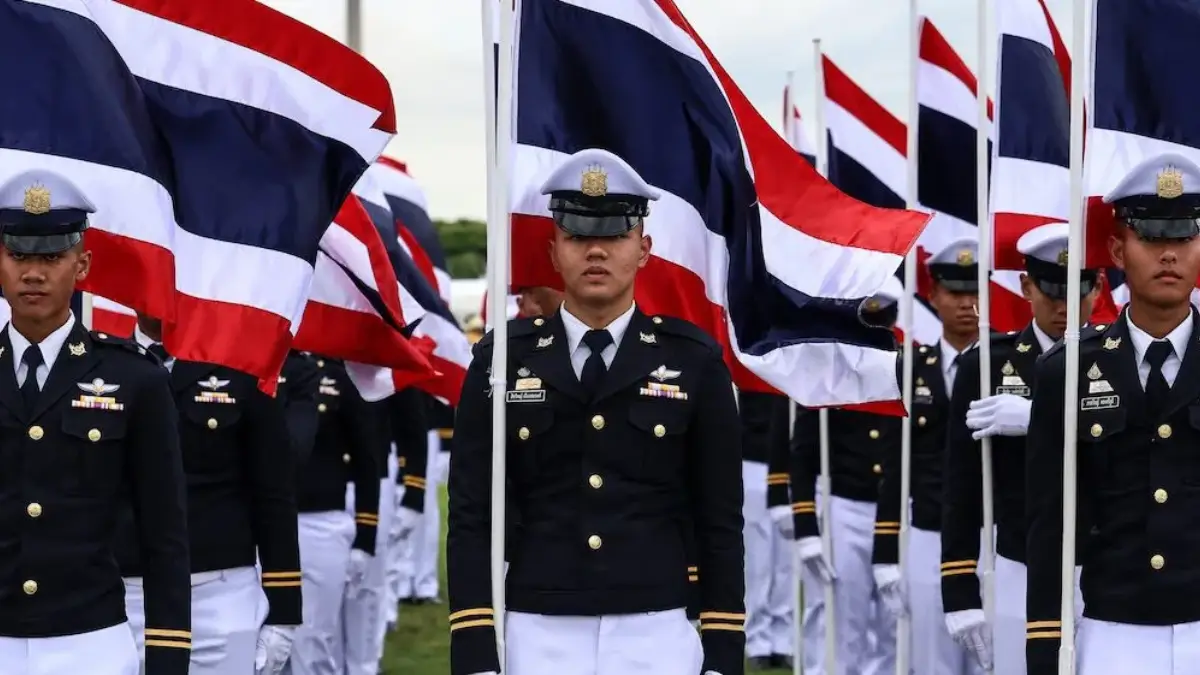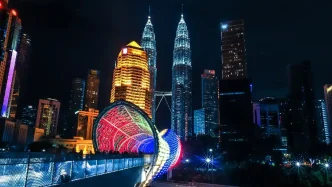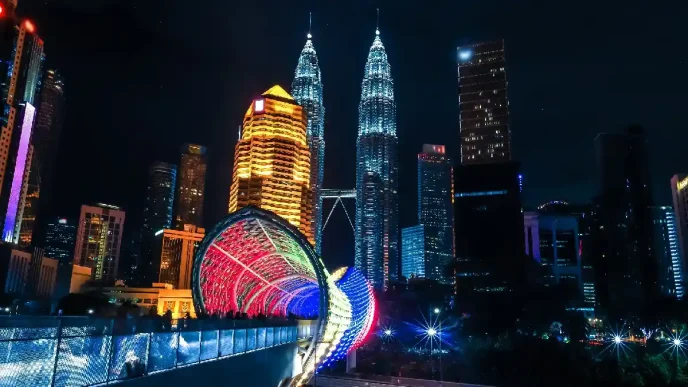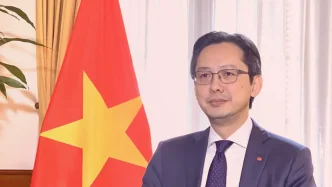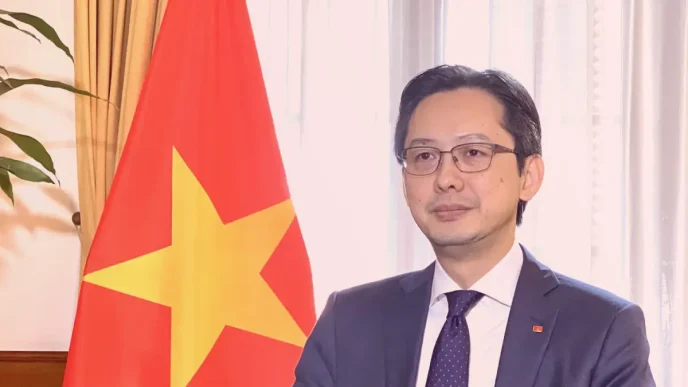Thailand has formally requested a change of venue for the upcoming General Border Committee (GBC) meeting with Cambodia, proposing Malaysia as a neutral location. The move comes in response to Cambodia’s invitation to host the talks in Phnom Penh, raising questions about neutrality amid longstanding border tensions between the two neighbors.
A Push for Neutral Ground
Thailand’s Ministry of Defence confirmed on Thursday that Cambodia had extended an invitation to General Natthapon Nakpanich, Thailand’s Deputy Defence Minister currently acting as Defence Minister, to attend the GBC meeting scheduled for August 4-7, 2025, in Phnom Penh. However, Thailand has expressed reservations about holding the talks in the capital of one of the disputing parties, citing international precedents for neutrality in such discussions.
Rear Admiral Surasan Kongsiri, spokesperson for the Ministry of Defence, elaborated on Thailand’s stance, emphasizing that it is customary in international practice to avoid hosting conflict-related meetings in the territories of the involved parties. Drawing a parallel to the Ukraine-Russia conflict, where negotiations are often held in third-party countries, he argued that a neutral venue would better serve the interests of both Thailand and Cambodia in fostering constructive dialogue.
Thailand has proposed Malaysia as the alternative location, noting that the country already plays a significant role as a coordinator in regional affairs. Rear Admiral Surasan described the proposal as a proactive step by Thailand, reflecting a strategic effort to ensure fairness in the discussions. He also expressed cautious optimism about Cambodia’s potential response, stating “If they are sincere, they will likely agree.”
Historical Context of Border Tensions
The border between Thailand and Cambodia has long been a flashpoint for tensions, with disputes dating back decades over territory, particularly around the Preah Vihear Temple, a UNESCO World Heritage site. The temple, located in Cambodia’s Preah Vihear province near the Thai border, was awarded to Cambodia by the International Court of Justice in 1962, a decision that continues to stir nationalist sentiments in Thailand. Skirmishes between the two nations’ armed forces have erupted sporadically, with notable clashes in 2008 and 2011 resulting in casualties on both sides.
The General Border Committee, established to address such disputes and maintain stability along the shared frontier, serves as a critical platform for dialogue between the two countries. Meetings are typically held annually, rotating between host nations, but the choice of venue often carries symbolic weight, reflecting the state of bilateral relations. Thailand’s request to shift the upcoming meeting to Malaysia underscores a desire to depoliticize the venue and focus on substantive issues, though it remains unclear whether Cambodia will view the proposal as a genuine gesture or a slight to its hosting rights.
Beyond territorial disagreements, the border region faces challenges related to cross-border trade, illegal migration, and smuggling, all of which are expected to feature on the GBC agenda. Si Sa Ket, a Thai border province, has been a focal point for military presence and cross-border activities, with Royal Thai Army soldiers often deployed to maintain security, as observed in late July 2025. These deployments highlight the ongoing sensitivity of the region, where even routine military movements can be interpreted through the lens of historical mistrust.
Regional Dynamics and Malaysia’s Role
Malaysia’s proposed role as a neutral host is not without precedent in Southeast Asia, a region where third-party mediation has often been employed to defuse tensions. As a member of the Association of Southeast Asian Nations (ASEAN), Malaysia has positioned itself as a facilitator in regional disputes, leveraging its relatively stable political environment and diplomatic ties with both Thailand and Cambodia. Kuala Lumpur has previously hosted discussions on regional security and economic cooperation, making it a plausible choice for the GBC meeting.
Thailand’s suggestion of Malaysia also aligns with ASEAN’s broader principles of non-interference and consensus-building, which prioritize dialogue over confrontation. However, Cambodia’s response to the proposal will likely hinge on its perception of Malaysia’s neutrality and whether it sees the change of venue as an attempt by Thailand to gain a diplomatic upper hand. Rear Admiral Surasan noted that Thailand had only recently sent its official request to both Cambodian and Malaysian authorities, leaving the dates of the meeting—originally set for August 4-7—subject to confirmation.
Implications for Bilateral Relations
The outcome of this venue dispute could serve as a litmus test for the state of Thailand-Cambodia relations in 2025. While the two countries have made strides in recent years to improve cooperation on economic and cultural fronts, underlying mistrust over border issues persists. A willingness by Cambodia to accept Malaysia as the host could signal a pragmatic approach to dialogue, potentially paving the way for progress on contentious issues. Conversely, a rejection of the proposal might deepen the diplomatic rift, casting a shadow over the GBC’s ability to address pressing border concerns.
Analysts suggest that Thailand’s insistence on a neutral venue may also reflect domestic political considerations. With the Thai government facing scrutiny over its handling of regional relations, demonstrating a firm yet diplomatic stance on border talks could bolster its image as a defender of national interests. At the same time, Cambodia’s leadership, under the ruling Cambodian People’s Party, has historically used border issues to rally domestic support, meaning that any perceived concession on the venue could carry political risks in Phnom Penh.
Broader Regional Stability
The Thailand-Cambodia border dialogue holds significance beyond bilateral relations, as stability in the region contributes to ASEAN’s cohesion at a time when Southeast Asia faces multiple geopolitical challenges. From maritime disputes in the South China Sea to economic pressures stemming from global uncertainties, ASEAN member states are increasingly reliant on internal unity to navigate external threats. A successful GBC meeting, whether held in Malaysia or elsewhere, could reinforce the bloc’s commitment to resolving disputes through dialogue, setting a positive precedent for other regional conflicts.
Moreover, the involvement of Malaysia as a potential host underscores the importance of intra-ASEAN solidarity. Unlike external mediators, Malaysia brings a nuanced understanding of the cultural and historical dynamics at play, which could facilitate a more empathetic mediation process. Yet, the effectiveness of this approach will depend on both Thailand and Cambodia’s willingness to prioritize regional harmony over nationalistic posturing.
Looking Ahead
As Thailand awaits Cambodia’s response to its proposal, the trajectory of the General Border Committee meeting remains uncertain. The choice of venue, while seemingly procedural, carries deeper implications for trust-building between the two nations. A resolution that satisfies both parties could mark a small but meaningful step toward lasting stability along their shared border, while a failure to agree might perpetuate a cycle of suspicion and missed opportunities.
For now, the focus remains on diplomatic channels, with officials in Bangkok, Phnom Penh, and Kuala Lumpur engaged in discussions to finalize the arrangements. As these talks unfold, the border provinces like Si Sa Ket stand as quiet reminders of the stakes involved—not just for policymakers, but for the communities whose lives are shaped by the ebb and flow of cross-border relations.

